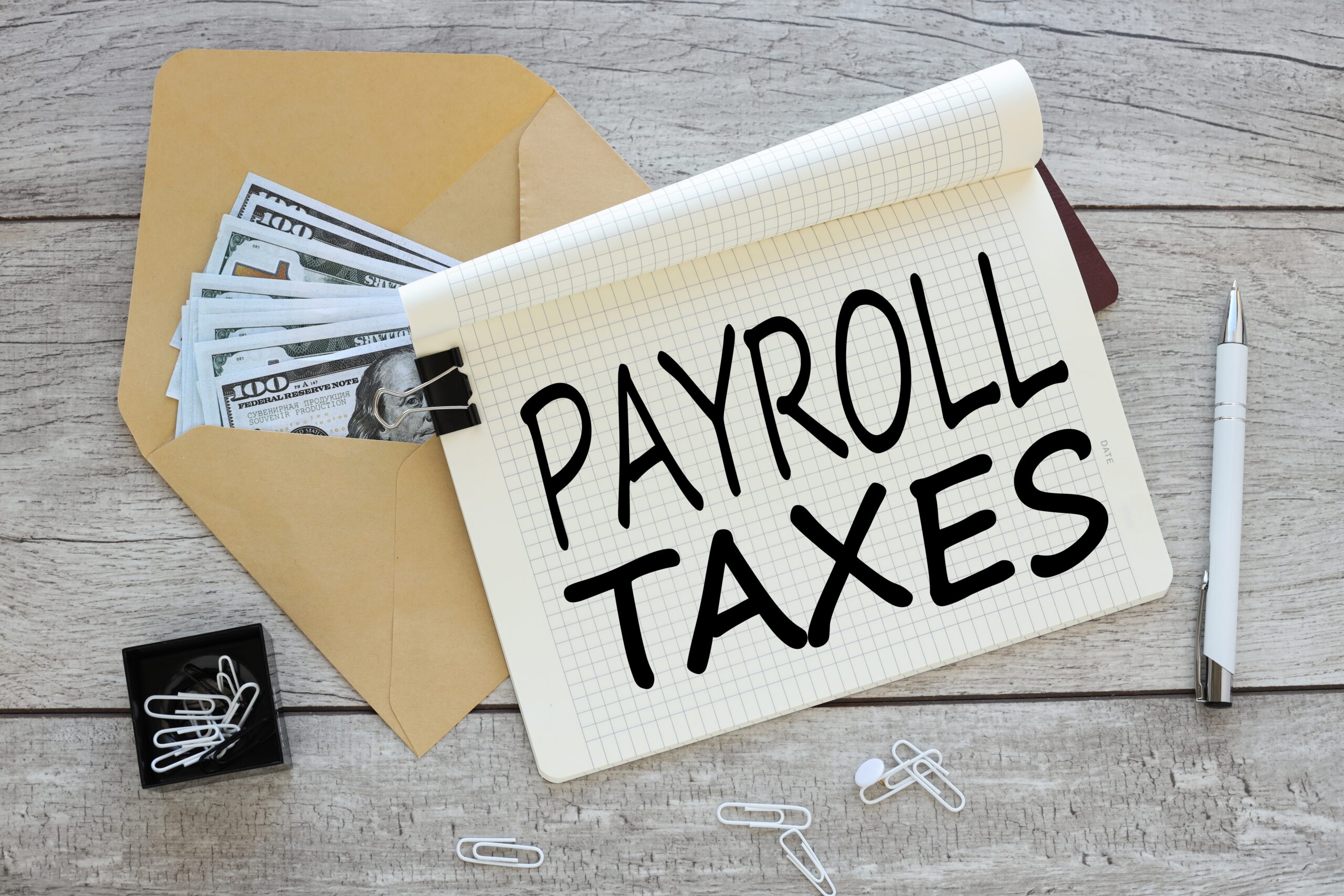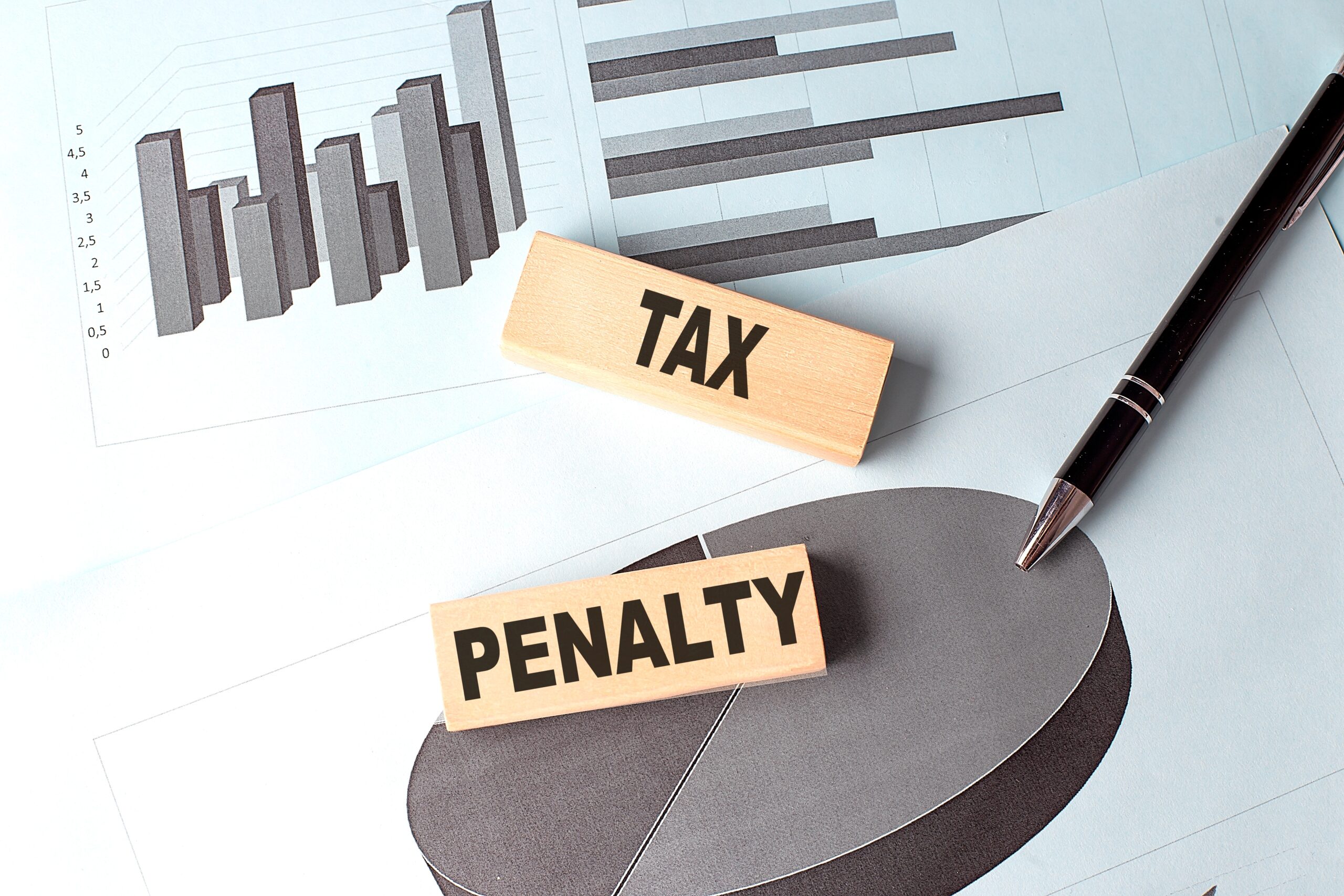If you’re dealing with unpaid taxes, you may have heard the term “levy” tossed around. But what does it mean, and how can it affect you? Let’s take a look at what an IRS levy is, how it works, and what steps you can take to protect yourself.
What Is an IRS Levy?
An IRS levy is a legal way for the Internal Revenue Service (IRS) to collect the money you owe in unpaid taxes. Unlike a lien, which is a claim against your property to secure payment of a tax debt, a levy allows the IRS to seize your assets to satisfy your tax liability. This can include:
- Wage Garnishment: The IRS can take a portion of your paycheck directly from your employer until your tax debt is paid off.
- Bank Account Seizure: The IRS can freeze your bank accounts and take money directly from them.
- Property Seizure: In extreme cases, the IRS can seize other assets, such as your car or home.
How Does a Levy Happen?
Before the IRS can levy your assets, they must follow certain steps:
- Tax Assessment: The IRS will assess your tax debt and send you a bill outlining how much you owe.
- Multiple Notices: If you don’t pay the debt, the IRS will send several notices over time, including a Final Notice of Intent to Levy.
- 30-Day Response Period: After the final notice, you typically have 30 days to respond before the IRS can proceed with the levy.
Why You Should Take IRS Notices Seriously
Ignoring IRS notices won’t make your tax debt disappear. In fact, it will likely make the situation worse. If you receive a notice, it’s essential to take action.
What You Can Do If You Face a Levy
If you find yourself facing an IRS levy, don’t panic! You have several options to address the situation:
- Request a Collection Due Process (CDP) Hearing: You have the right to appeal the levy and request a hearing. This can provide a temporary stop to the levy while you work to resolve your tax issues.
- Set Up a Payment Plan: The IRS offers payment plans that allow you to pay off your tax debt over time. This can prevent the levy from happening if approved.
- Apply for an Offer in Compromise: If you can’t pay the full amount, you may be eligible to settle your tax debt for less than what you owe. This is known as an Offer in Compromise.
- Prove Financial Hardship: If paying your tax debt would cause severe financial difficulty, you can request to be classified as Currently Not Collectible. This status halts collection efforts, including levies, but doesn’t erase your tax debt.
How David Rappaport Can Help
Navigating the complexities of IRS levies can be challenging. That’s where David Rappaport comes in. As a tax resolution professional, he helps individuals and businesses address tax issues and negotiate with the IRS. Here’s how he can assist you:
- Evaluate Your Situation: David will review your tax situation to determine the best course of action.
- Negotiate on Your Behalf: He’ll work directly with the IRS to negotiate terms that work for you, whether it’s a payment plan or an Offer in Compromise.
- Protect Your Assets: His goal is to help you keep your hard-earned assets while resolving your tax issues.
Final Thoughts
Facing an IRS levy can be stressful, but it’s essential to remember that you have options. Don’t ignore the IRS or assume that the problem will go away. The sooner you take action, the better chance you have of resolving your tax issues without losing your assets.
If you’re facing a levy or have received an IRS notice, don’t hesitate to reach out. Together, we can work on a solution that helps you regain control of your financial future. Contact David Rappaport today.
David Rappaport is an Enrolled Agent with over 25 years of experience in the field of taxation. He specializes in representing clients before all administrative branches of the IRS and State Taxing Authorities.



